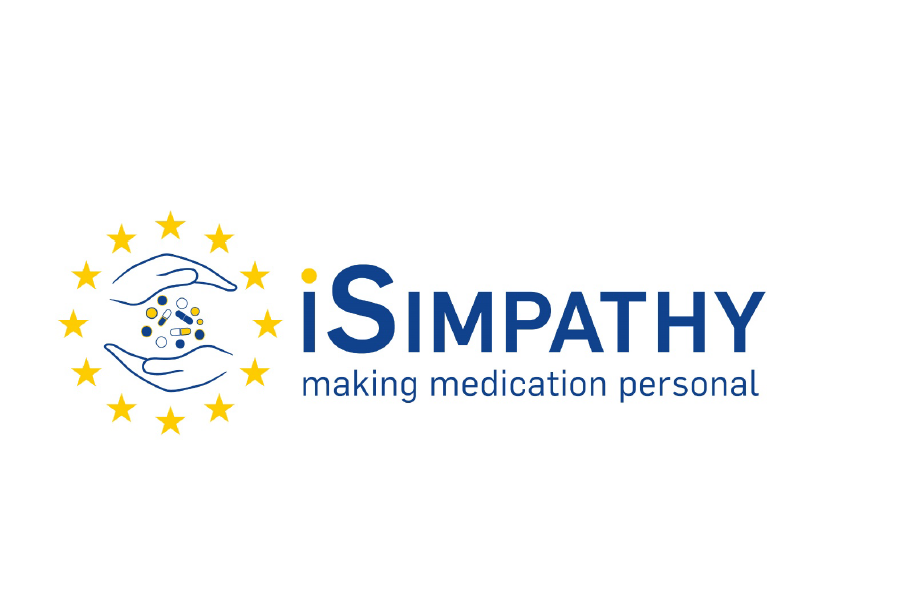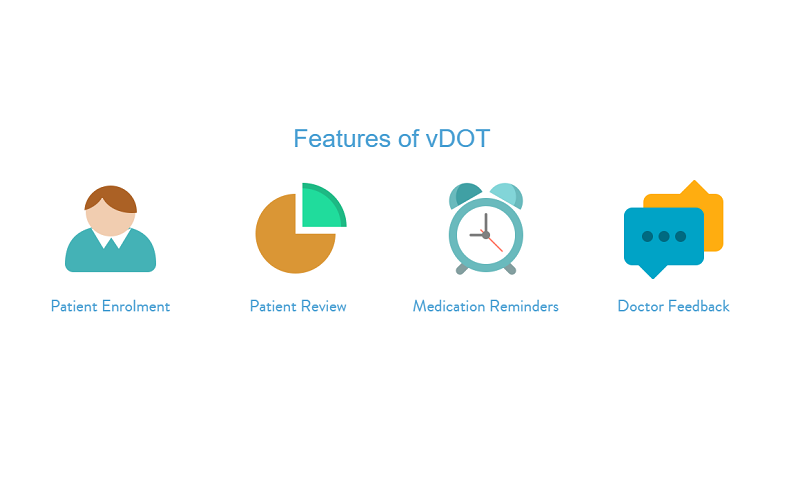
by Edel O'Sullivan, | Mar 25, 2022 | News Release, Press
The Medicines Optimisation Innovation Centre (MOIC) is delighted to have signed a Memorandum of Understanding (MOU) with Health Service Executive (HSE) Digital Transformation and Innovation.
The MOU was officially signed and announced at an event on 25th March 2022 at the HSE National Digital Health Innovation Lab in the Midlands Regional Hospital in Tullamore.
At the event leading digital health entrepreneurs, corporate leaders, clinicians, patients, academics and others met to discuss the Digital Health Strategy and Action Plan for the HSE. The aim of the Action plan is to combine the intellect, assets and energy of digital health leaders and organisations in the Republic of Ireland, Northern Ireland and beyond to enable digital improvement. MOIC is one of the organisations involved in this project.
Speaking via video at the event, Health Minister Robin Swann said:
“This MOU will build on existing collaborations that MOIC has built throughout Europe in delivering one of its key objectives to share learning. This collaboration will enable joint working and will look at innovative ways in which technology can be used to enhance healthcare within our region. The MOU also offers the opportunity to explore the potential benefits of research and co-innovating digital health solutions, while also building a culture of partnership and collaboration within the health service of Northern Ireland, the Republic of Ireland as well as the private sector and that is to be welcomed.”
Professor Mike Scott Director of MOIC added:
“It is really great to sign this MOU today with HSE Digital Innovation as it chimes perfectly with key MOIC aims of collaboration and innovation and will enable us to work more closely in terms of research service development and funding opportunities in the whole area of digital enablement.”
The MOU with MOIC and HSE Digital Transformation and Innovation will facilitate researching digital solutions that are aligned with both the HSE Digital Transformation Strategy of ‘Stay Left, Shift Left’ and the HSC Digital Innovation Strategy.
The new digital health innovation lab established in Tullamore offers significant opportunity to enable joint working with MOIC and the HSE particularly as Northern Trust has a digital health innovation test bed in Antrim Area Hospital, thereby creating an attractive infrastructure for industry.
A digital health innovation lab provides tech infrastructure for testing new devices and technology products to check if they work within healthcare settings and this MOU will enable products and devices to be tested in both Northern Ireland and Republic of Ireland.

by Edel O'Sullivan, | Feb 10, 2022 | News Release, Press
This week MOIC hosted an Project ECHO and took part in engaging discussions regarding iSIMPATHY.
This was a great opportunity for shared learning across the jurisdictions and you can view in full below.
ECHO in Action – MOIC from ECHO HSCB Hub NI on Vimeo.

by Edel O'Sullivan, | Jan 12, 2022 | Events, News Release, Press
Prof. Michael Scott, presented about Northern Ireland’s Integrated Care system during this event on January 18th.
This seminar was another bilateral initiative developed by the British Embassy and the autonomous regions to share best practice and experiences between the UK and Spain. This time the spotlight was on Andalusia.
The event built on the success of other events that have focused on healthy ageing, hospitals of the future and innovation in healthcare, and aims to identify mutual business opportunities and strengthening our bilateral relationship. Professor Scott discussed the challenges they have faced and the measures they have adopted to provide Integrated Care in Northern Ireland.
Overall it was a successful event, with 80+ participants from across UK & Andalusia. MOIC created good connections from across Europe.

by Edel O'Sullivan, | Jan 7, 2022 | News Release, Press, Uncategorized
MOIC are partnering with the Western Health and Social Care Trust Respiratory Services and Continga® to look at innovative ways of monitoring asthma patients medications from their own home through direct observation of therapy (DOT). Direct observation of therapy (DOT) is the visual monitoring of a patient’s medication administration, to ensure compliance or effective technique.
Continga® has developed a video DOT (v-DOT) platform that operates on mobile phones and other portable devices. The process involves the patient making a short ‘selfie’ video of their medication administration, which is automatically uploaded for viewing, on a secure website, by a healthcare professional.
This project aims to use the Continga® v-DOT platform to collect data from 10 patients from the adult asthma service, Altnagelvin Area Hospital. Patients will be invited to use the Continga® v-DOT platform (with their direct clinical care team) for a period of up to 6 weeks. The data from the 10 patients will be collected over a period of three months.
The primary aim of this quality improvement project is to determine the feasibility and establish the use of the Continga® v-DOT platform in the adult asthma patient service in the WHSCT.
The project opened to patients in December. So far two patients have begun their journey using this platform and we will provide further progress updates throughout the project.

by Edel O'Sullivan, | Dec 23, 2021 | News Release, Press, Uncategorized
The team at MOIC would like to wish everyone a Happy Holiday season.
2021 has been a challenging and busy year. Take a look at what we have been up to in our 2021 Newsletter.





